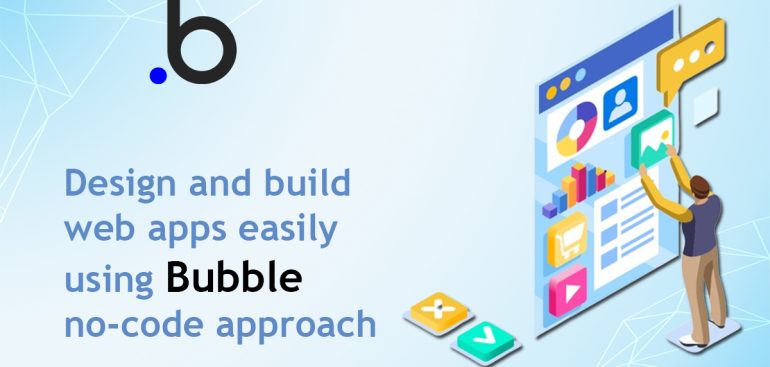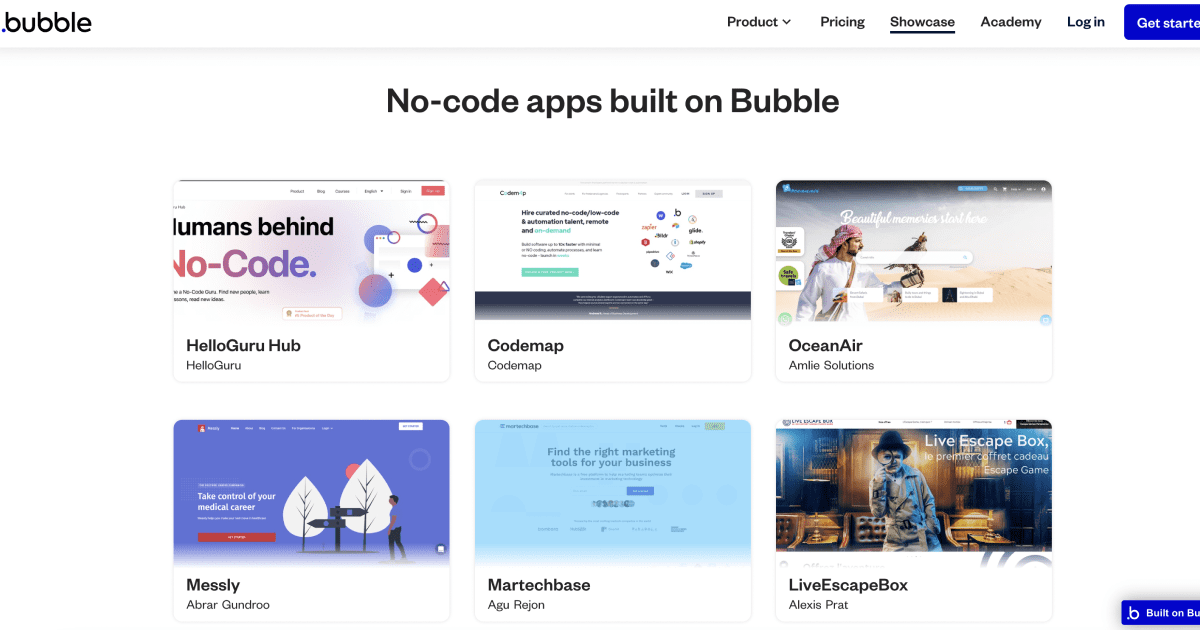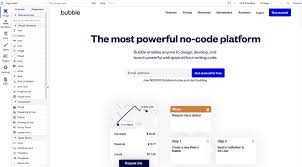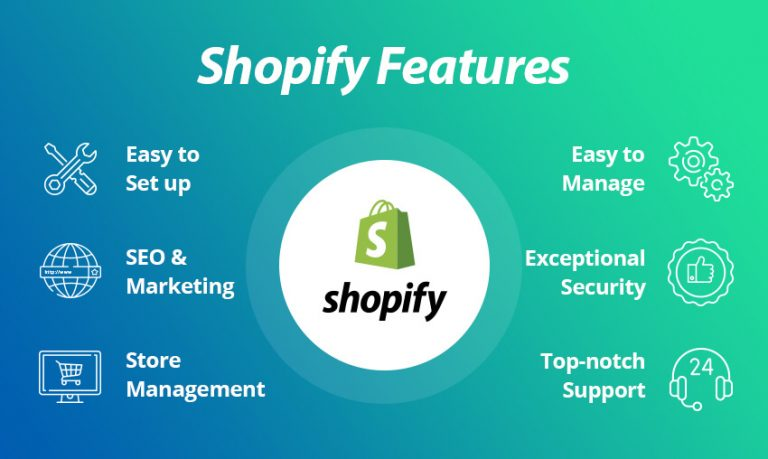In today’s digital world, without online presence your business can not survive, and for the same you must have a website, on which you can showcase your whole business entity. For making a website, you need a trustworthy and efficient web hosting service which must only secure but also update the latest technological advancements, so it is a very crucial component for anyone whether it is for businesses or for individuals who are making a well-reputed, well-known brand on the internet. So today, we are going to share the light on such a web hosting service provider DreamHost. So Dreamhost, a leading prominent player in the industry of web hosting, provides a range of hosting solutions made to fulfill the requirements from personal blogs to high-traffic e-commerce websites. Today the platform is hosting over 1.5 million websites, blogs, and applications and delivering best in class performance, robust customer support, and array of features so that web hosting can be accessible and streamline for anyone.
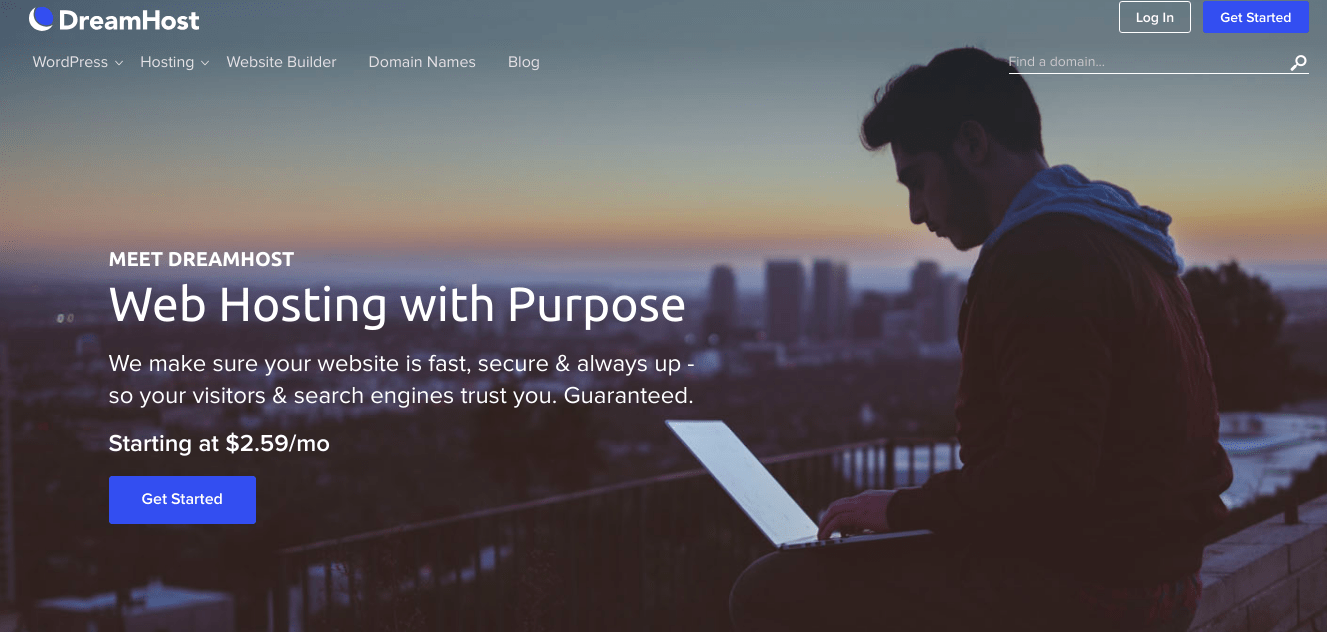
Features/Benefits provided by DreamHost: –
Let’s see why DreamHost stands out in the market, then its other competitors. Let’s discuss some benefits and features of DreamHost. Custom control panel to manage your web hosting easily, 100% uptime guarantee so that visitors can visit the site anytime, security through multi-factor authentication, free SSL certificates with Let’s Encrypt, and malware scans with DreamShield, 24/7 customer support to assist you with any issues and inquiries or questions and receive effective help whenever you need it, free domain with some plans and WHOIS privacy protection to keep your personal information private and secure, there is one click software installation for WordPress, website designing, SEO services, social media marketing are also available, so that you can easily build and manage your website as per your preferences, you can also avail the benefit of unlimited data storage, bandwidth MySQL databases, sub domains with some plans.
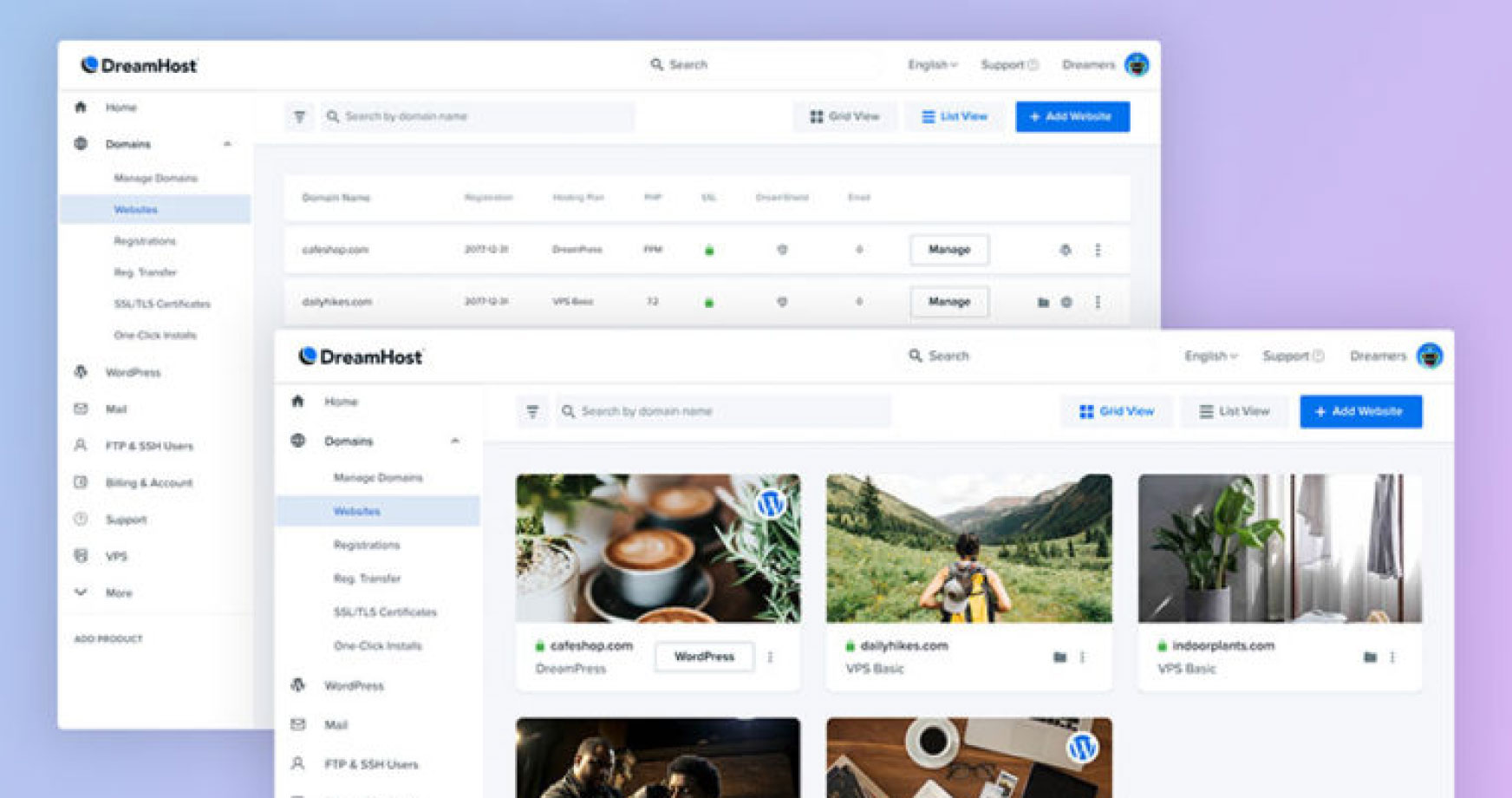
Products or services offered by DreamHost: –
If we talk about the products or services offered by DreamHost, then it offers services such as various hosting like WordPress hosting – you can choose from the options available: WordPress basic, DreamPress and VPS WordPress. It offers various features such as automatic updates, 24/7 expert support, built-in caching with simplicity as it has one click WordPress installation, to boost management and creation experience. Shared hosting – This plan is beneficial for beginners or small websites and blogs, as it is the most affordable plan. With this plan you will get range benefits such as free domain for the first year, free automated backups, fast SSD storage, unlimited traffic and one click installation. VPS hosting – If you opt for VPS hosting, then you will have more power and flexibility, as it offers scalable resources, dedicated IP addresses, and more security for your growing website. Ideally it is best for e-commerce websites, databases and resource-intensive applications. You can customize the server’s configuration as well for optimal performance. Cloud hosting – With this hosting plan, you will get public cloud computing with full root access, so that you can deploy and manage virtual machines, therefore it is designed for developers and businesses who need flexible computing resources. Email hosting – This hosting plan comes with mobile and desktop sync, 25GB storage mailbox, strong spam and virus protection to give you smooth and secure email communication, and many more. It also offers website builder, you can also purchase Domain from the platform, additionally it has design services, marketing services, website management services.
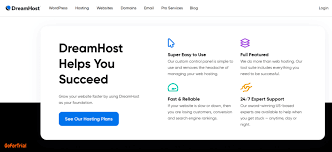
Conclusion
So in nutshell, We would like to emphasize on the point that choosing the right hosting provider is very crucial for your online success. DreamHost offers a variety of hosting solutions crafted to meet different needs, with the help of strong performance, top graded security, and well established customer support. Whether you are a newbie in starting a blog, running a well-developed website, or developing a high-traffic app, it ensures that your online presence is robust and reliable as the platform offers all mandatory tools and services to help you succeed online.


